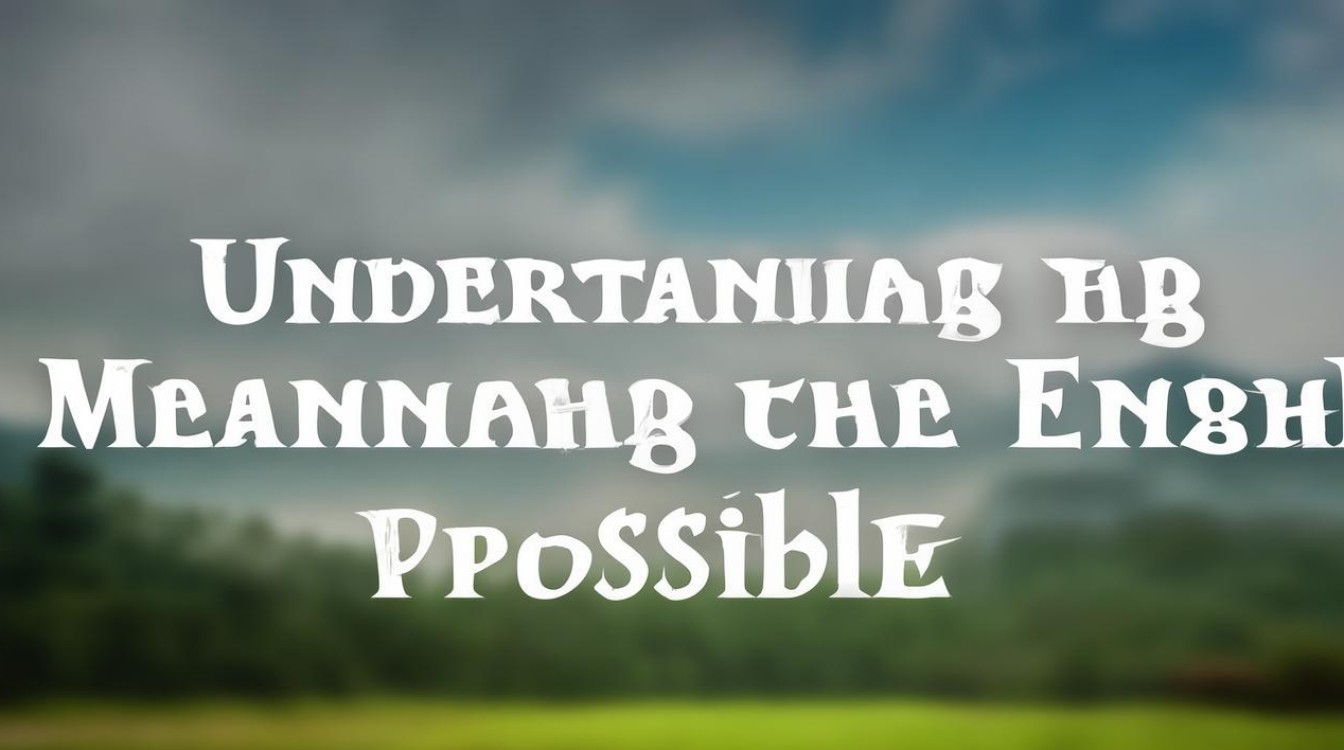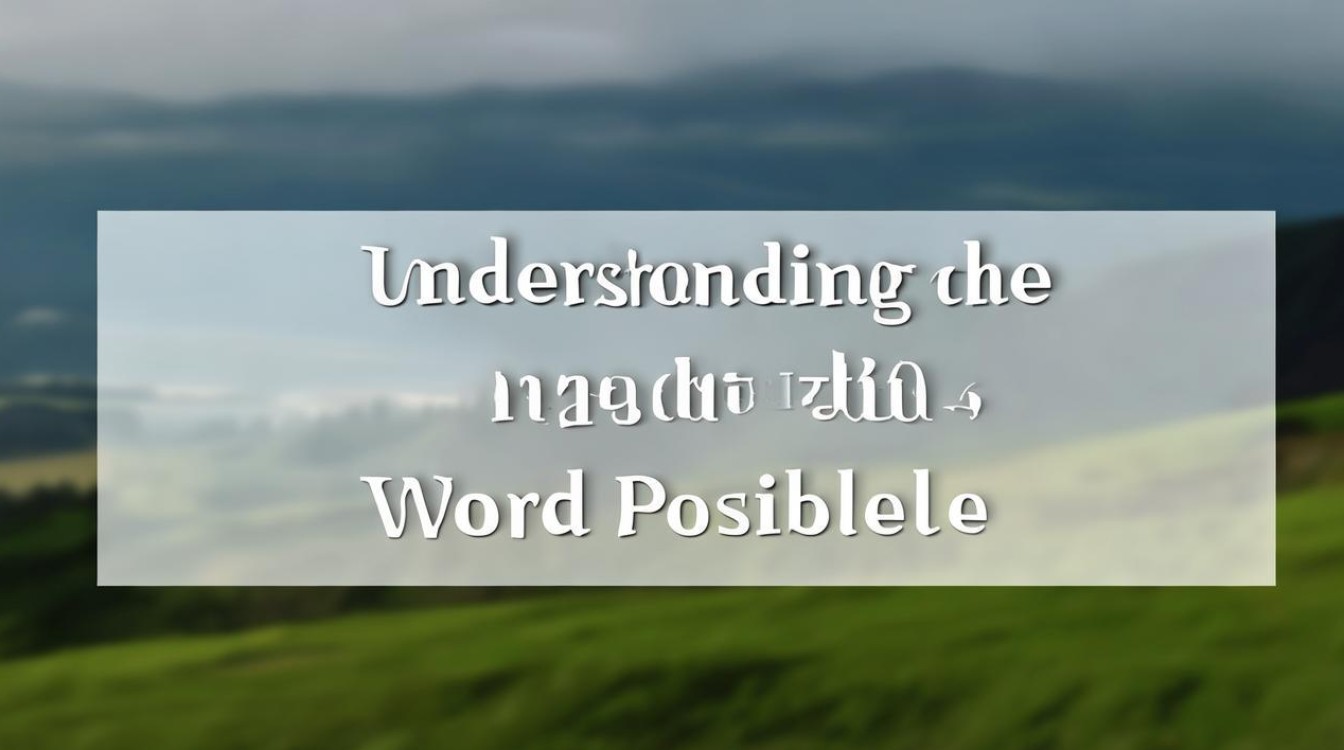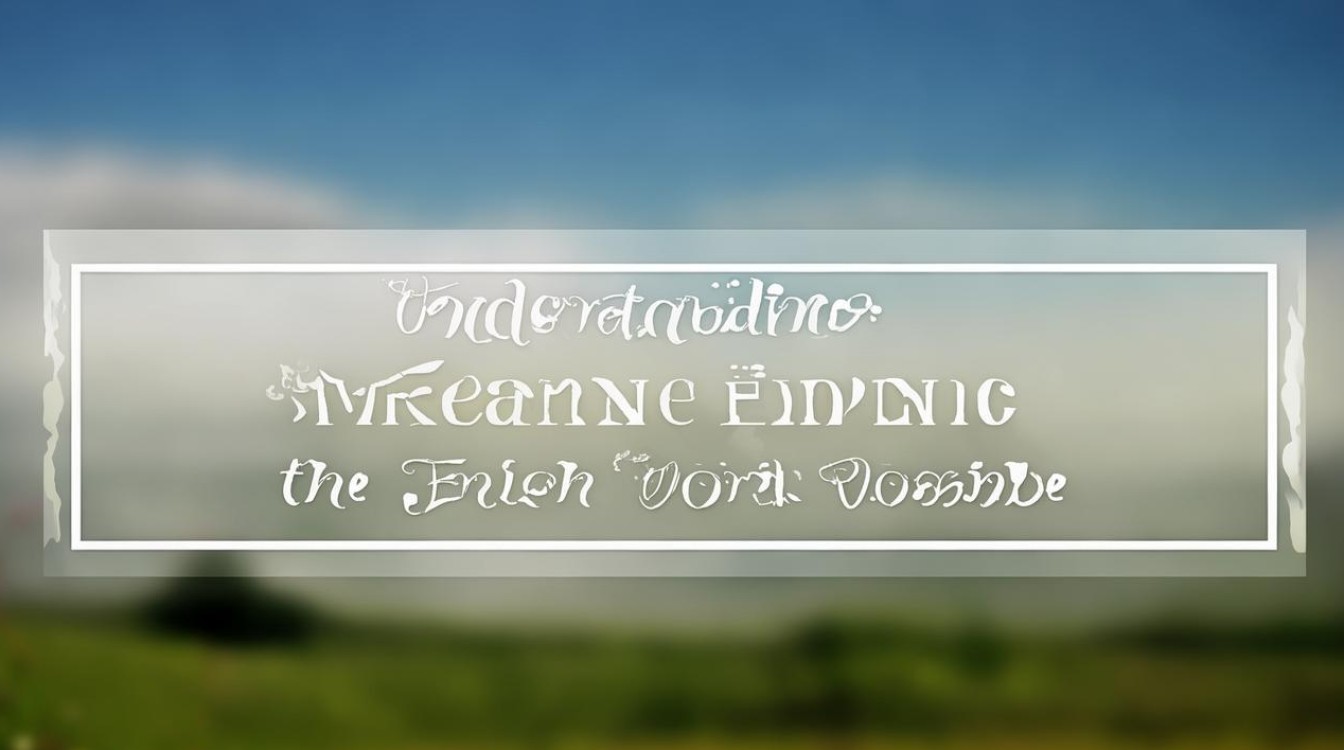The English word "possible" is one of those terms we encounter daily, yet its full meaning and usage often go unexplored. Whether you're learning English or simply curious about its nuances, grasping the depth of "possible" can enhance your communication skills. This article breaks down its definition, grammatical roles, synonyms, antonyms, and practical applications.

Definition and Core Meaning
At its core, "possible" functions as an adjective describing something that can exist, happen, or be achieved. It stems from the Latin possibilis, meaning "that can be done." When we say something is possible, we imply it is within the realm of feasibility, even if not guaranteed.
For example:
- "It’s possible to finish the project by Friday." (The deadline is achievable but not certain.)
- "Is it possible to book a last-minute flight?" (Asking whether the action can be done.)
Unlike absolute terms like "certain" or "impossible," "possible" occupies a middle ground, suggesting potential without commitment.
Grammatical Roles and Usage
-
As an Adjective
- Describes nouns: "A possible solution is to restart the device."
- Follows linking verbs: "The outcome is possible."
-
In Common Phrases
- "As soon as possible" (ASAP): A request for urgency.
- "If possible": Politely suggesting a preference ("I’d like a window seat, if possible.").
-
With Modal Verbs

- Often paired with can, could, may:
- "It could be possible to reschedule."
- "May I ask if a discount is possible?"
- Often paired with can, could, may:
Synonyms and Nuances
While "possible" is versatile, synonyms highlight subtle differences:
- Feasible: Implies practicality ("The plan is feasible with our budget.").
- Achievable: Focuses on reaching a goal ("An A grade is achievable with effort.").
- Potential: Suggests unrealized capability ("She has potential as a leader.").
Choosing the right synonym depends on context. "Possible" is broader, while others narrow the scope.
Antonyms and Contrasts
Opposites of "possible" clarify its boundaries:
- Impossible: Absolute negation ("Time travel is impossible.").
- Unlikely: Low probability ("An unlikely outcome").
- Certainty: No doubt ("Victory is certain.").
These contrasts help frame discussions about probability and capability.
Practical Applications
-
Everyday Conversation
- Use "possible" to express options:
- "Is it possible to extend the deadline?"
- Soften requests:
- "Could you possibly help me move this weekend?"
- Use "possible" to express options:
-
Professional Settings

- In negotiations: "We’ll explore every possible compromise."
- Project planning: "Identify possible risks early."
-
Hypothetical Scenarios
- Speculating: "If possible, how would you invest a million dollars?"
- Problem-solving: "Consider all possible solutions."
Cultural and Linguistic Notes
Languages often handle possibility differently. In English, "possible" is straightforward, but some cultures use indirect phrasing. For instance, Japanese might imply possibility through context rather than explicit terms.
Misunderstandings arise when non-native speakers overuse "possible" for politeness, leading to vagueness. Clarity matters—balance politeness with precision.
Common Mistakes to Avoid
-
Overqualifying Statements
- Weak: "It’s possible that maybe we could try."
- Stronger: "Let’s try this approach."
-
Confusing "Possible" with "Probable"
- "Rain is possible" (could happen) vs. "Rain is probable" (likely to happen).
-
Redundancy

- Avoid: "It’s a possible option." (Just say "It’s an option.")
Etymology and Evolution
Tracing "possible" to its Latin roots reveals how its meaning has stabilized over centuries. Unlike words that shift dramatically, "possible" retains its core sense of capability. Modern usage, however, embraces abstract applications, like "possible futures" in tech or philosophy.
In Literature and Media
Writers leverage "possible" to build tension or hope:
- "Is it possible to love two people at once?" (Exploring moral dilemmas.)
- "She dared to dream the impossible possible." (Motivational tone.)
In sci-fi, phrases like "alternate possible realities" stretch the word’s limits.
Final Thoughts
"Possible" is a linguistic workhorse—flexible yet precise. Mastering it involves recognizing its shades: from cautious optimism to pragmatic planning. Whether you’re writing, negotiating, or daydreaming, this word opens doors without overpromising.
Next time you say "That’s possible," pause. Are you hinting at doubt, opportunity, or a challenge? The power lies in your delivery.



